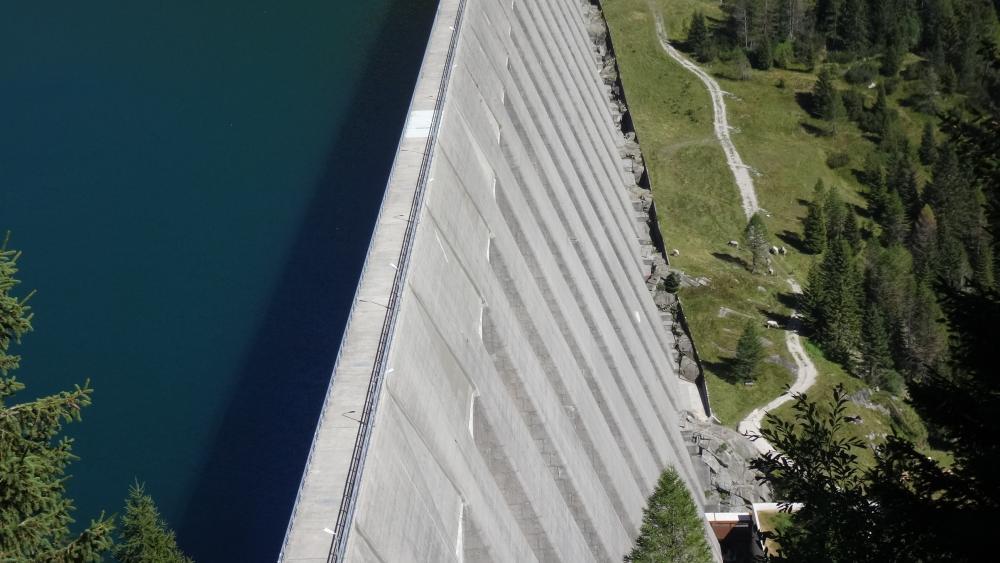
Hydropower projects have big impact on freshwater ecosystems. | Photo: Angelina Tittmann
According to the IGB researchers, hydropower projects should neither be prioritised nor accelerated through the proposed initiative, and their approval processes should be especially precise and carefully follow rules for environmental impact assessments, due to the negative environmental impacts. Otherwise, the European Commission would jeopardize its own climate and environmental goals, and the highly valuable freshwater resource for the European population. The scientists underline that the precautionary principle plays a central and major role, because once hydropower infrastructure is established, valuable habitats and populations of rare species can quickly disappear forever. This can already happen within the building phase – hence, an early start of construction without final official approval should not be allowed in any case.
Instead of approval acceleration, the decommissioning and dismantling of small hydropower plants should be promoted. This approach fundamentally simplifies the implementation of restoration measures, also because this enables larger-scale restoration towards restoring 25,000 km free flowing rivers as it is explicitly foreseen in the EU Biodiversity Strategy to 2030. In this way, important ecosystem services of water bodies for the environment and society, such as natural climate change mitigation including flood protection, stable land-scape water balance, self-purification, cooling effect and water-related local recreation, could be restored. This is particularly important in view of the expected consequences of climate change and strengthens the natural resilience of water bodies, the researchers conclude.
The full IGB feedback can be downloaded directly at the website of the European Commission.







